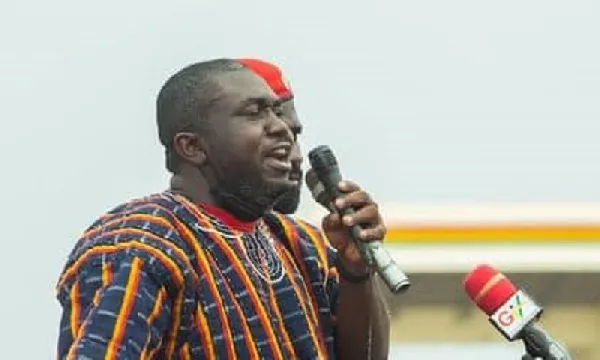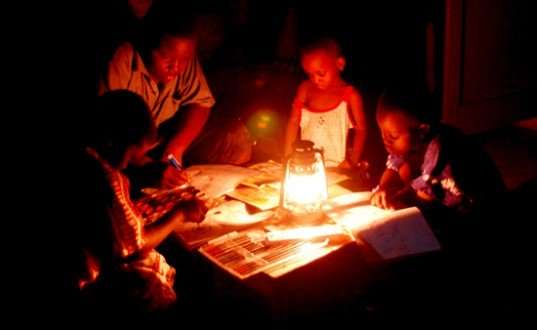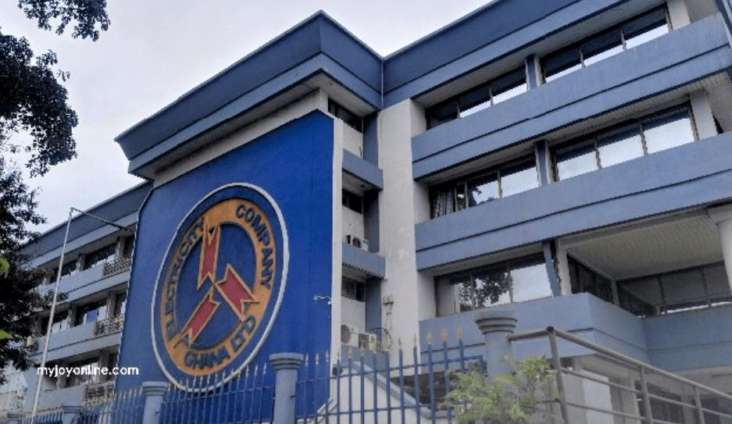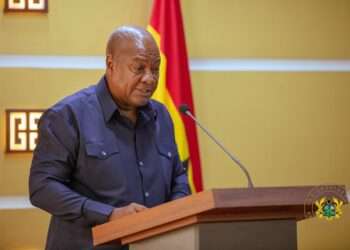Lawyer and political activist, Oliver Barker-Vormawor, has raised concerns about the privatization of the Electricity Company of Ghana (ECG), questioning the rationale behind the decision.
He firmly expressed his opposition, stating that such a move would likely lead to higher electricity costs, making it increasingly unaffordable for the average Ghanaian.
Barker-Vormawor emphasized the potential negative impact on ordinary citizens, arguing that privatization could exacerbate financial burdens on households already struggling with economic challenges.
“If none of our Governments can achieve efficiency in managing ECG, so that it remains a publicly owned social good, should our Governments have any business Governing us?
“Let’s privatize the Government then. I say, sell the Government to the Chinese. ECG buys electricity in dollars; and sells in cedis. Even if it collects 100 percent of its invoices, it will still run at a loss”.
Oliver Barker-Vormawor
Barker-Vormawor further argued that privatizing the Electricity Company of Ghana (ECG) would not eliminate issues such as revenue loss and illegal connections.
He emphasized that even with privatization, it is unrealistic to expect a private company to completely eradicate these challenges.
He pointed out that the burden of any revenue shortfalls would inevitably fall on the legitimate consumers.
As a result, those who lawfully subscribe to electricity services would likely face increased tariffs to compensate for the ongoing losses.
This, he warned, would disproportionately affect ordinary Ghanaians, further straining their finances and making essential utilities less accessible.
Vormawor also noted that privatization would likely result in a private company acquiring the assets of ECG while leaving the government saddled with its liabilities.

He argued that this approach allows the private entity to offload financial burdens onto the public sector, thereby limiting its own risks and responsibilities.
Furthermore, he highlighted that the private company would have the authority to set electricity tariffs, often linking the unit cost per kilowatt-hour (kWh) to a flexible pricing model influenced by fluctuating exchange rates.
This could lead to unpredictable and potentially higher electricity costs for consumers, as prices would be subject to external economic factors beyond their control.
Vormawor expressed concern that such a system would prioritize profit over affordability, making electricity even less accessible for the average Ghanaian. “Dollar goes up, your cost of electricity goes up too”.
Privatization to Make Dumsor a Financial Choice
Moreover, Oliver Barker-Vormawor emphasized that the high cost of electricity resulting from privatization would fundamentally alter the nature of “Dumsor” (power outages).
He argued that instead of being caused by low capacity or technical issues, power outages would become a matter of personal choice due to the unaffordable rates.

“You ankasa will draw your light off schedule. You will give your kids a big knock if they put on the light by mistake.
“By 12 June, your money will be finished. Having spent 2/3rds of your cedis-denominated salary on electricity alone. No one will tell you to put off your lights and complete the rest of the month on candles, touch lights, and bobo”.
Oliver Barker-Vormawor
He humorously observed that landlords might become so burdened by skyrocketing electricity bills that they would be willing to offer tenants free rent if the tenants could cover the cost of their utility bills.
Barker-Vormawor lamented that the power outages, once a result of systemic issues, would now be dictated by an individual’s financial capability.
He highlighted a grim scenario where the ability to afford electricity would directly determine one’s experience of “Dumsor,” underscoring the deepening inequality and financial strain that privatization could impose on ordinary Ghanaians.
Accordingly, he reiterated his strong opposition to the government’s decision to privatize, urging that such a move would ultimately harm the average Ghanaian. “ECG Civil servants will bring their stews to work and store them in the office fridge”.
READ ALSO: MTN Ghana and GCB Bank Lead GSE Gains Amid Positive Trading Day





















